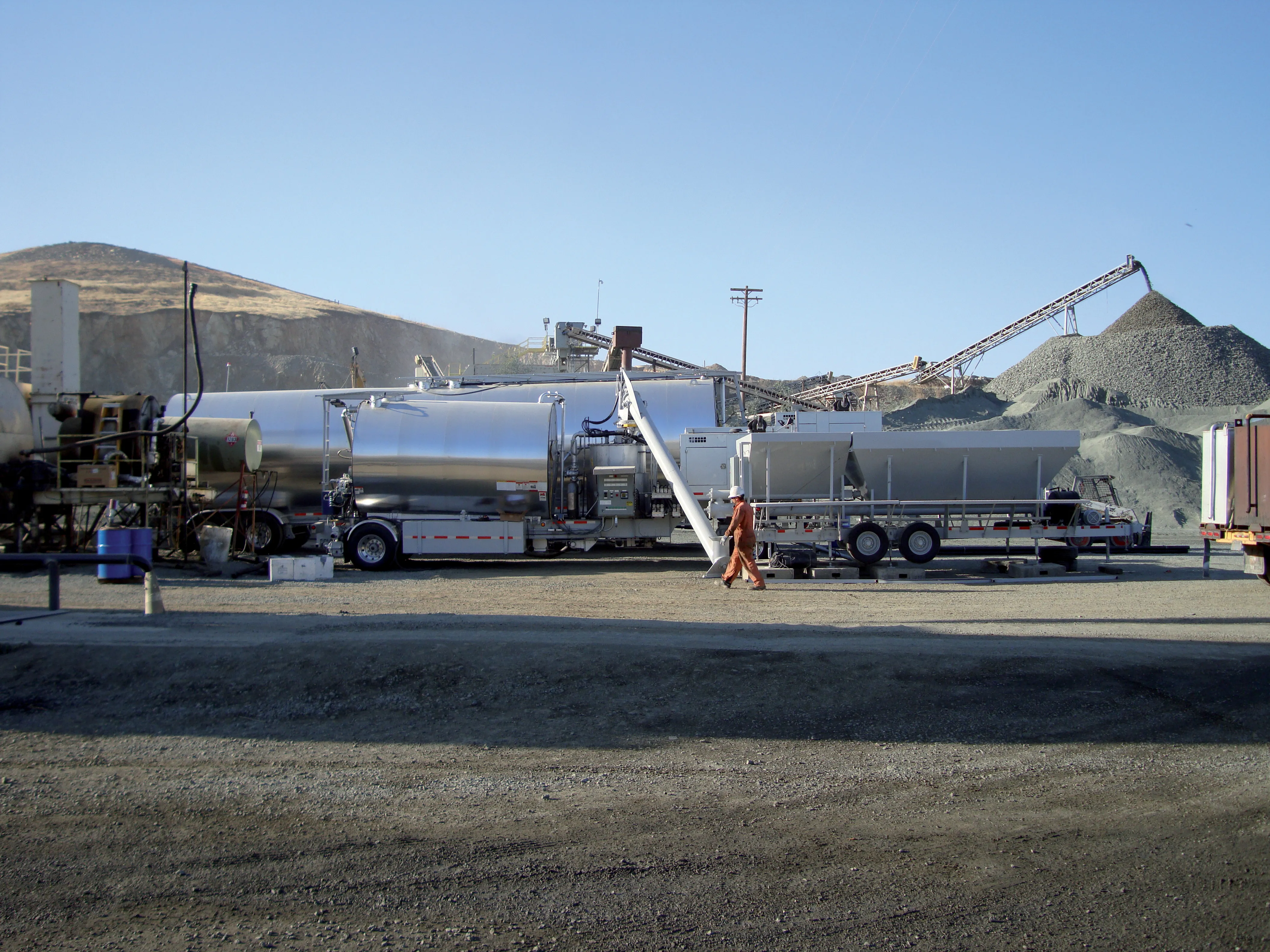The UK Road Surface Treatments Association (RSTA) has appointed Dr Howard Robinson as its new chief executive, taking over the role from retiring consultant director John Baxter. Dr Robinson, a well-known figure in the highway surfacing sector, brings a wealth of knowledge and experience to the RSTA having spent 25 years in the aggregates, asphalt and bitumen industries, with a number of blue chip companies, at senior management level. He was previously technical director at Wimpey Minerals and more recentl
July 12, 2012
Read time: 2 mins

The UK Road Surface Treatments Association (3294 RSTA) has appointed Dr Howard Robinson as its new chief executive, taking over the role from retiring consultant director John Baxter.
Dr Robinson, a well-known figure in the highway surfacing sector, brings a wealth of knowledge and experience to the RSTA having spent 25 years in the aggregates, asphalt and bitumen industries, with a number of blue chip companies, at senior management level. He was previously technical director at Wimpey Minerals and more recently head of product development for2399 Tarmac Group. He is a chartered scientist and a Visiting Professor at Liverpool John Moores University.
Dr Robinson said: "The association's members are able to offer the highway community a full range of reliable, durable treatments that can significantly help with prolonging the life of existing road and footway surfacings and in doing so, making a considerable contribution towards helping local authorities and their managing agents to meet their carbon reduction targets."
The RSTA is an amalgam of four trade associations (Road Surface Dressing Association; Slurry Surface Contractors Association; High Friction Surfacing Association and the Allied Industries Sector) that merged more than a year ago to create one authoritative voice for the UK highway maintenance industry.
Dr Robinson, a well-known figure in the highway surfacing sector, brings a wealth of knowledge and experience to the RSTA having spent 25 years in the aggregates, asphalt and bitumen industries, with a number of blue chip companies, at senior management level. He was previously technical director at Wimpey Minerals and more recently head of product development for
Dr Robinson said: "The association's members are able to offer the highway community a full range of reliable, durable treatments that can significantly help with prolonging the life of existing road and footway surfacings and in doing so, making a considerable contribution towards helping local authorities and their managing agents to meet their carbon reduction targets."
The RSTA is an amalgam of four trade associations (Road Surface Dressing Association; Slurry Surface Contractors Association; High Friction Surfacing Association and the Allied Industries Sector) that merged more than a year ago to create one authoritative voice for the UK highway maintenance industry.








